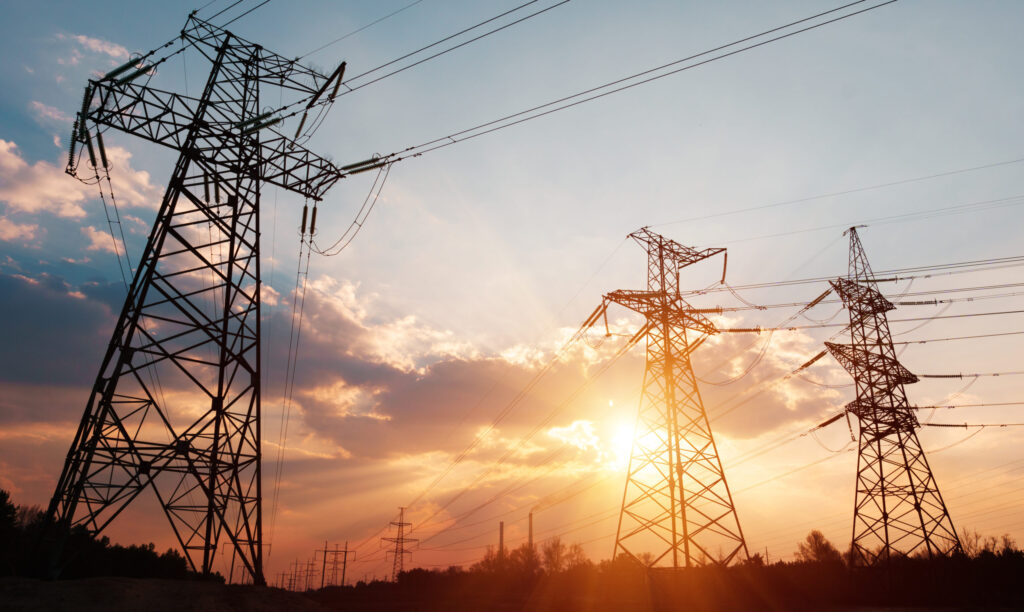A recent article from Utility Week sheds light on the critical issue of electricity losses in the UK, a topic often overlooked in our energy landscape.
Over the past decade, the UK has witnessed electricity losses nearly double its net imports, averaging 27TWh lost versus 16TWh imported annually. Dominic Quennell, CEO of Enertechnos, points out that these significant losses surpass the anticipated annual output of the ambitious Hinkley Point C project, which comes at a cost of £33 billion.
Quennell emphasises a key paradox: while we will willingly invest £2.4 billion (26TWh @ £92.50 per MWH) per year to generate power, attention to reducing losses has been lacking. The transmission network fares better, with lower percentages of losses compared to the distribution network. Citizens Advice and the National Grid Electricity System Operator’s research reveal that approximately 1.7% of electricity is lost over transmission, and 5-8% over distribution networks.
Gareth O’Brien, Enertechnos’ COO, highlights the internal challenges within DNOs, where the lack of incentive for innovation hampers progress. O’Brien advocates for a shift in organisational culture, encouraging management and employees to embrace new solutions that can make a substantial difference.
Enertechnos urges a re-evaluation of mechanisms such as losses discretionary rewards (LDRs) to incentivise Distribution Network Operators (DNOs). We propose that the government, regulators and DNOs can no longer overlook this critical issue.
As the UK grapples with the need to deliver double the amount of electricity by 2040, the urgency to invest and innovate cannot be overstated. The nature of the grid’s problems has evolved, requiring a transformation in solutions. The challenge is significant, and the solution lies in collective support for innovation at every level – from DESNZ to Ofgem and throughout the grids.
This article https://bit.ly/3H890y5 prompts us to rethink our approach to electricity losses, urging a unified effort to address this critical aspect of our energy infrastructure.


